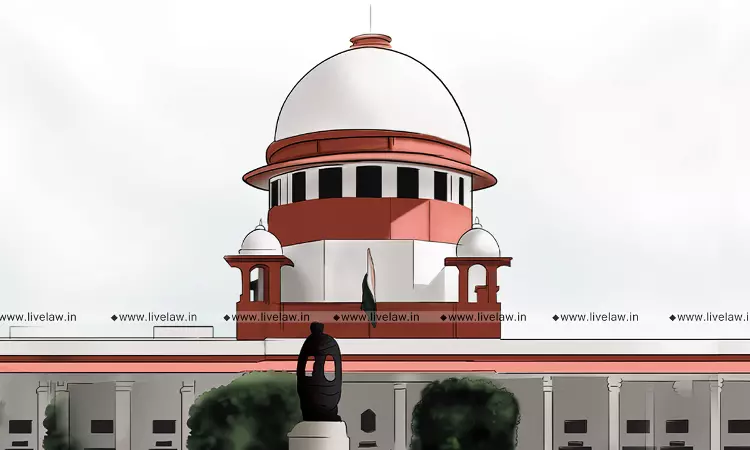When Can Criminal Trial Be Transferred From One State Under S.406 CrPC? Supreme Court Explains
Gursimran Kaur Bakshi
6 March 2025 6:18 PM IST

The Court added that mere inconvenience of the accused is not a ground to transfer.
Next Story
6 March 2025 6:18 PM IST
